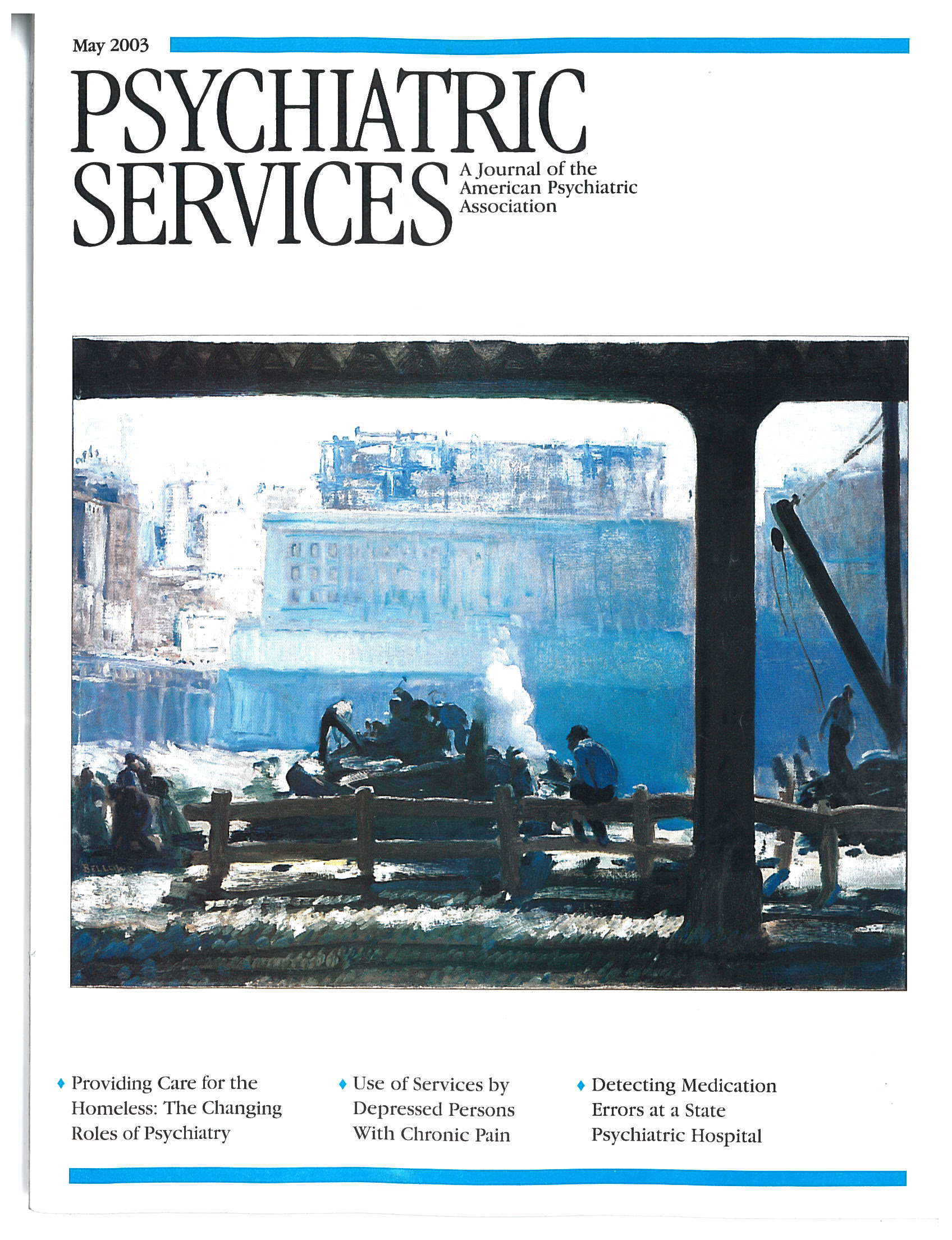Reinventing Justice: The American Drug Court Movement
As a practicing drug court professional, I looked forward to reviewing James L. Nolan's Reinventing Justice: The American Drug Court Movement. I anticipated that it could be "that definitive work," full of statistical analysis and comparison studies that prove the effectiveness—or ineffectiveness—of drug courts in reducing recidivism and drug use.
However, this is not the book I anticipated. Nolan, a respected sociologist, has written a well-documented history of judicial theories and practices in America since 1700 and the role of drug courts—a very recent (1989) entity—in that evolving history. He devotes a large part of the book to describing his observations of various drug courts and the observations of many drug court professionals, including myself, on drug court practices and philosophies. He does a very credible job of finding common themes from widely disparate drug court practices—practices that often reflect the political realities of particular jurisdictions.
From the perspective of legal and health care professionals, this is an excellent opportunity to "get off the dance floor," away from the daily grind and frustrations, and up into the balcony to take a more comprehensive look at the drug court movement. The book is replete with examples and theories from some of the most experienced practitioners, outlining the possibilities of using the therapeutic-justice model to enhance the effectiveness of substance abuse treatment, especially for the approximately five million chronic substance abusers in the United States.
This book will also be very useful for professionals who are currently involved in drug courts in one capacity or another. The practitioners cited in the work, almost all of whom I know, are the most articulate and "envelope-pushing" of practitioners. However, others may not be as radical. Nolan presents a good opportunity to compare one's own views with those of individuals who speak for the movement. I found Reinventing Justice very informative.
The Honorable Robert P. Ziemian is a Justice of the Massachusetts Trial Court, District Court Department, South Boston Division.



